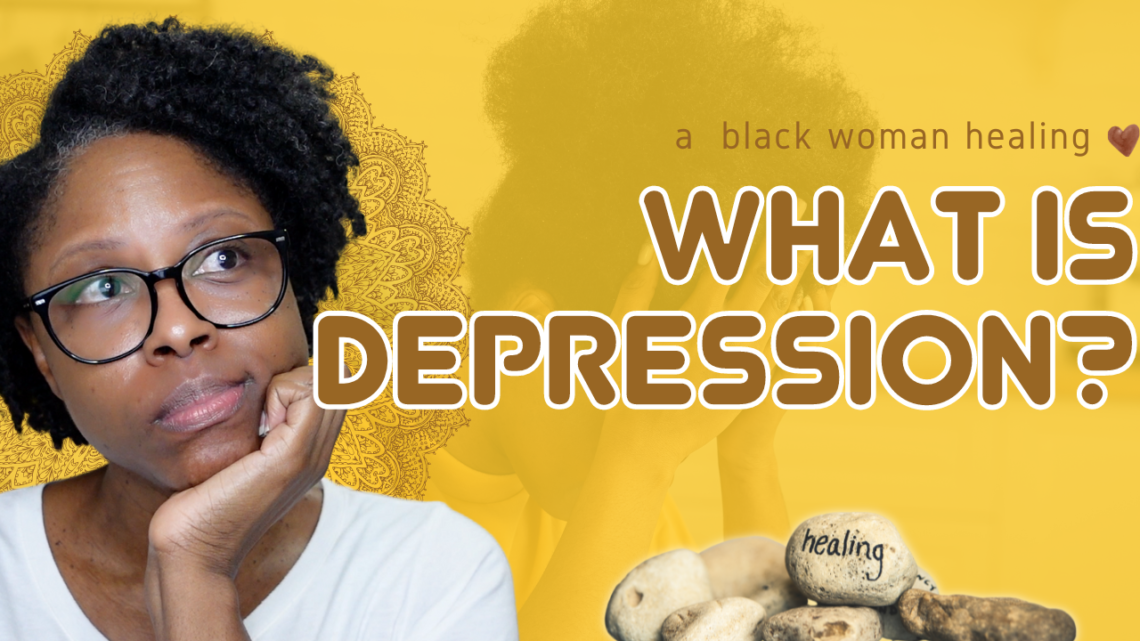
What Is Depression?
Depression is a debilitating condition that affects millions of people worldwide. Despite its prevalence, many individuals are still unsure about what it is. In this post, I want to share my experience with depression and how a recent video I watched shed some light on the topic.
For over a decade now, I have been struggling with depression. It started in college when I moved away, and my grandmother passed away. It was a challenging time for me, and my grief was overwhelming. I didn’t realize at the time that I was experiencing depression. I thought it was normal to feel sad and unmotivated all the time.
It wasn’t until years later, in 1999, that I finally sought help and was diagnosed with depression. However, my symptoms started long before that. Watching the lecture by Stanford professor Robert Morris Sapolsky on depression helped me understand the condition better. In his lecture, Sapolsky discussed the difference between feeling sad and experiencing clinical or major depression.
He explained that everyone has moments of sadness, but clinical depression is when those feelings of malaise and moroseness last for two weeks or more. He defined depression as a biochemical disorder with a genetic component and early experience influences. This means that depression has a biological basis, and early experiences can trigger it.
It was fascinating to learn that depression is the fourth leading cause of disability in the US. I had no idea how common it was, and it made me feel less alone. It was also reassuring to learn that my symptoms were not my fault and that there was a scientific explanation for why I felt the way I did.
One of the things that struck me most about the lecture was the distinction between people who come back out of depression and those who stay in it. I had never thought of it that way before. For me, depression has been a long and painful journey, and I have had periods where I felt stuck in a deep, dark hole.
While watching the lecture, I realized that I had not been seeking treatment for my depression recently. I had taken medication, but it did not work for me. I had also been going to therapy, but we had been focusing on other issues. Now that those issues are somewhat resolved, I plan to discuss my depression with my therapist during our next session.
I know that seeking treatment for depression can be challenging, especially for people of color. There is a stigma attached to mental health issues in many communities, and it can be difficult to find culturally sensitive care. However, I urge anyone who is struggling with depression to seek help. It is not a sign of weakness, and you are not alone.
Depression is a complex condition that affects millions of people. It has a biological basis and can be triggered by early experiences. Seeking treatment for depression can be challenging, but it is essential. Watching the lecture by Professor Paulski helped me understand my condition better, and I hope that sharing my experience will encourage others to seek help. Remember, you are not alone, and there is hope for recovery.
Video of Stanford University Professor Robert Sapolsky’s Full Lecture On Depression
Please call: In the U.S., call 1-800-273-8255
1-800-273-TALK (1-800-273-8255)
1-800-SUICIDE (1-800-784-2433)
For Hearing and Speech Impaired with TTY Equipment:
1-800-799-4TTY (4889)
If you or someone you know is in immediate danger because of thoughts of suicide, PLEASE CALL 911
SuicidePreventionLifeline.org/
SuicideHotlines.com/national.html
Warning signs: Suicide Warning Signs
Outside of US, please contact your local emergency number.






